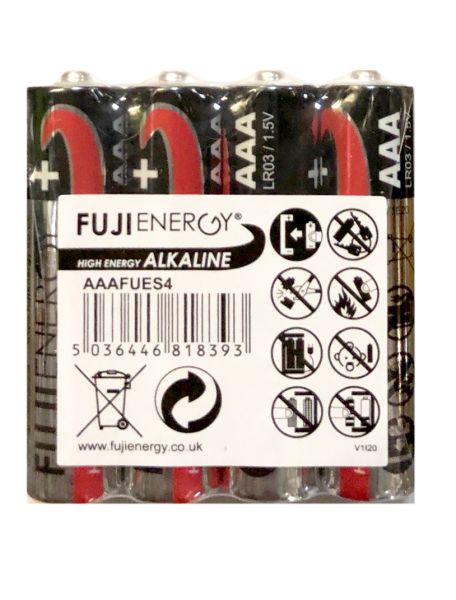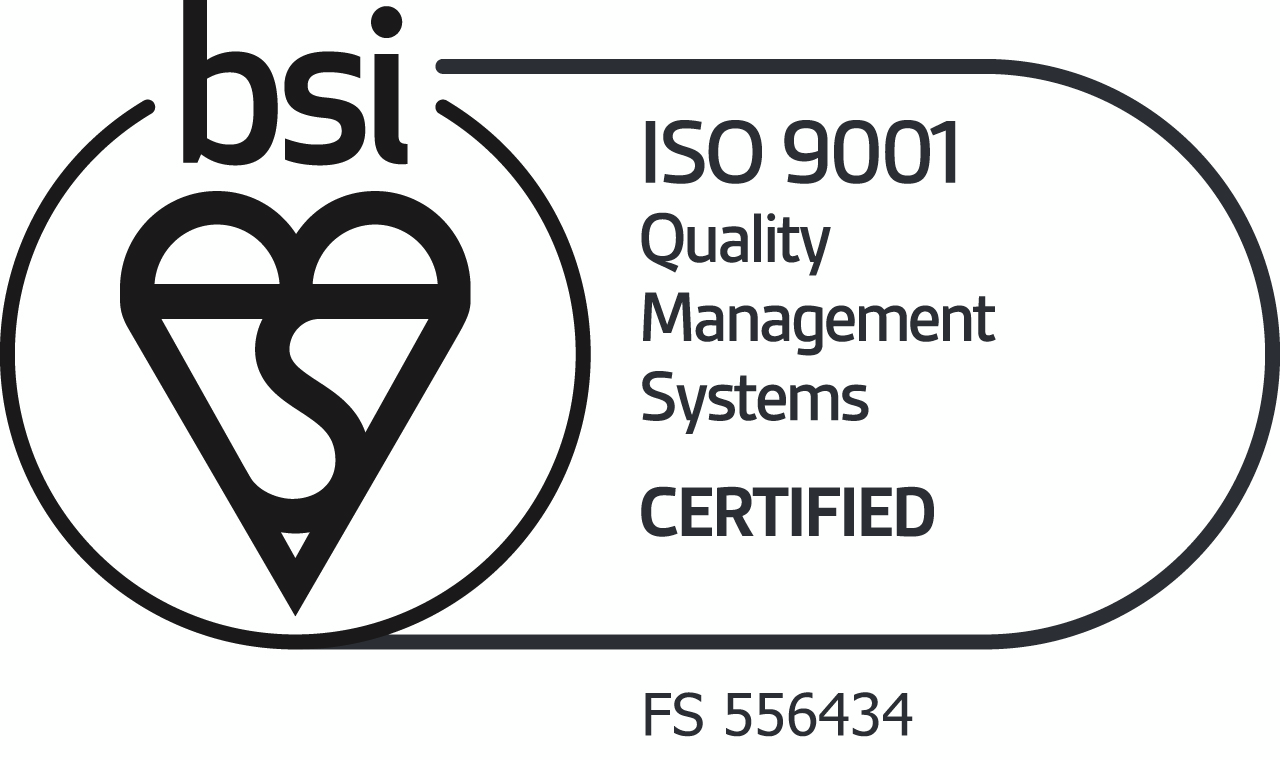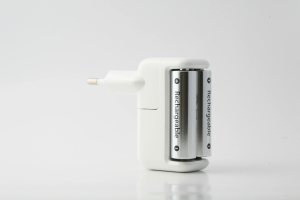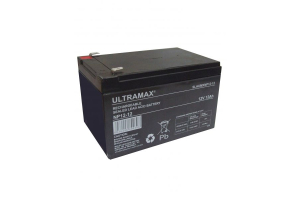
The Definitive Guide to AAA Battery Life: How to Tell When It's Time for a Replacement
Are you tired of constantly replacing AAA batteries? Knowing when it's time for a replacement can be a real energy drain. In this definitive guide to AAA battery life, we'll shed some light on when to toss those tired batteries and get your devices back up and running. Battery life can vary depending on the brand and usage, but on average, AAA batteries last between one and three years. However, there are other factors to consider, such as temperature, storage conditions, and the type of device they power. If you're noticing decreased performance in your remote controls, toys, or other devices, it may be time to swap out those ageing AAA batteries. But how can you accurately assess battery life? We'll explore various methods, from using battery testers to simple observations, to determine whether it's time to say goodbye to your old batteries. Don't get caught in the dark with dying batteries. Join us as we dive into the world of AAA battery life and discover when it's time to give your devices the power they need.
How long do AAA batteries typically last?
AAA batteries are a common power source for many household and industrial devices. Their lifespan can vary significantly based on several factors:
- Usage frequency: Devices used daily will deplete batteries faster than those used occasionally.
- Power requirements: High-drain devices consume battery power more quickly than low-drain ones.
- Battery chemistry: Alkaline, lithium, and rechargeable NiMH AAA batteries have different lifespans.
On average, alkaline AAA batteries can last between 1 to 3 years in low-drain devices like remote controls. However, high-drain devices such as digital cameras or handheld gaming systems, may only last for a few hours of continuous use.
Lithium AAA batteries typically last longer than alkaline batteries, especially in high-drain devices or extreme temperatures. Rechargeable NiMH AAA batteries can be recharged hundreds of times, making them cost-effective for frequent use.
Factors that affect AAA battery life
Several factors can impact the lifespan of your AAA batteries:
1. Temperature: Extreme hot or cold temperatures can reduce battery life and performance.
2. Storage conditions: Improper storage can lead to decreased capacity and potential leakage.
3. Device power draw: High-drain devices deplete batteries faster than low-drain ones.
4. Battery quality: Premium batteries often outlast budget options.
5. Discharge rate: Continuous use versus intermittent use affects overall lifespan.
6. Humidity: High humidity can cause corrosion and shorten battery life.
7. Age: Even unused batteries can lose capacity over time due to self-discharge.
Understanding these factors can help you maximize the life of your AAA batteries and choose the right type for your specific applications.
Signs that it's time to replace your AAA batteries
Recognizing when it's time to replace your AAA batteries can prevent unexpected device failures. Look out for these signs:
1. Decreased device performance: Slower operation or reduced power output.
2. Dimming lights: In flashlights or LED devices, noticeably dimmer illumination.
3. Intermittent operation: Devices working sporadically or shutting off unexpectedly.
4. Physical changes: Any signs of leakage, corrosion, or deformation (rare in modern batteries).
5. Increased device errors: More frequent error messages or malfunctions.
6. Shorter operation time: Devices running out of power more quickly than usual.
7. Failure to power on: Devices not turning on at all with the current batteries.
If you notice any of these signs, it's likely time to replace your AAA batteries.
Testing the voltage of your AAA batteries
One of the most accurate ways to determine if a AAA battery needs replacement is by testing its voltage. Here's what you need to know:
1. Fresh AAA batteries typically measure around 1.5 volts.
2. A battery is generally considered "dead" when its voltage drops to about 1.0 volts.
3. Some devices may stop functioning when the battery voltage falls to 1.2 volts or higher.
To test AAA battery voltage:
1. Use a multimeter set to DC voltage.
2. Touch the positive (red) probe to the positive end of the battery and the negative (black) probe to the negative end.
3. Read the voltage displayed on the multimeter.
For businesses using large quantities of AAA batteries, investing in a dedicated battery tester can be cost-effective and provide quick, accurate results.
Tips for extending the life of your AAA batteries
Maximize the lifespan of your AAA batteries with these tips:
1. Store batteries in a cool, dry place away from direct sunlight.
2. Remove batteries from devices that won't be used for extended periods.
3. Clean battery contacts in devices regularly to ensure good connections.
4. Use the appropriate battery type for each device (e.g., lithium for high-drain devices).
5. Avoid mixing old and new batteries or different brands in the same device.
6. Keep batteries at room temperature for optimal performance.
7. Consider using a battery charger with a refresh function for rechargeable AAA batteries.
Implementing these practices can help you get the most out of your AAA batteries, reducing replacement frequency and overall costs.
Proper disposal of AAA batteries
Responsible disposal of AAA batteries is crucial for environmental protection:
1. Never dispose of batteries in regular trash or by burning them.
2. Look for battery recycling programs in your area or at local retailers.
3. Many electronics stores and office supply chains offer battery recycling services.
4. For businesses, consider partnering with a battery recycling company for bulk disposal.
5. Tape the terminals of used batteries before recycling to prevent short circuits.
6. Keep different types of batteries separate when recycling.
7. Check local regulations, as some areas have specific guidelines for battery disposal.
Proper disposal not only protects the environment but also allows for the recovery of valuable materials used in battery production.
Rechargeable AAA batteries vs. disposable AAA batteries
Choosing between rechargeable and disposable AAA batteries depends on your specific needs:
Rechargeable AAA batteries:
- Higher initial cost, but more cost-effective over time
- Environmentally friendly due to reduced waste
- Ideal for high-drain devices or frequent use
- Require a charger and planning for recharge cycles
- Typically have a lower initial voltage (1.2V vs. 1.5V)
Disposable AAA batteries:
- Lower upfront cost
- Convenient for infrequent use or emergency backup
- No need for charging equipment
- Longer shelf life when unused
- Higher initial voltage, which may be necessary for some devices
Consider your usage patterns and device requirements when choosing between rechargeable and disposable AAA batteries.
AAA battery maintenance and storage tips
Proper maintenance and storage can significantly extend the life of your AAA batteries:
1. Keep batteries in their original packaging until ready to use.
2. Store batteries in a cool, dry place between 50°F and 85°F (10°C to 30°C).
3. Avoid storing batteries in humid environments or extreme temperatures.
4. Keep batteries away from metal objects to prevent short circuits.
5. Regularly inspect stored batteries for signs of damage or leakage.
6. Rotate your battery stock, using older batteries first (first in, first out).
7. For rechargeable AAA batteries, perform periodic discharge and recharge cycles to maintain capacity.
Implementing these maintenance and storage practices can help ensure your AAA batteries are ready when you need them and perform optimally.
Conclusion: Ensuring optimal performance with AAA batteries
Understanding AAA battery life and knowing when to replace them is crucial for maintaining the performance of your devices. By recognizing the signs of a dying battery, properly testing voltage, and implementing good maintenance practices, you can maximize the lifespan of your AAA batteries and minimize unexpected power failures.
Remember that different applications may require different types of AAA batteries. Consider factors such as device power requirements, usage frequency, and environmental conditions when selecting between disposable and rechargeable options.
At Baruch Enterprises, we're committed to providing high-quality battery solutions for all your needs. Whether you're looking for long-lasting alkaline AAA batteries for low-drain devices or high-performance rechargeable options for frequent use, we have the expertise to help you make the best choice for your application.
Visit our website at www.baruch.co.uk to explore our range of AAA batteries and other power solutions tailored for businesses in the marine, aviation, and industrial sectors. Let us help you power your operations efficiently and reliably.
Explore our range of UltraMax LiFePO4 Batteries!










